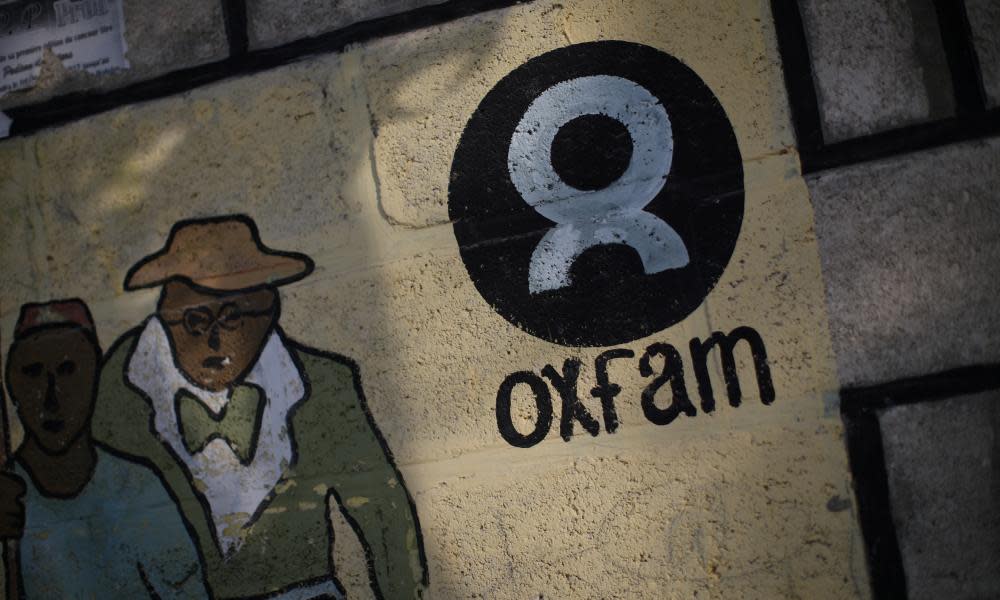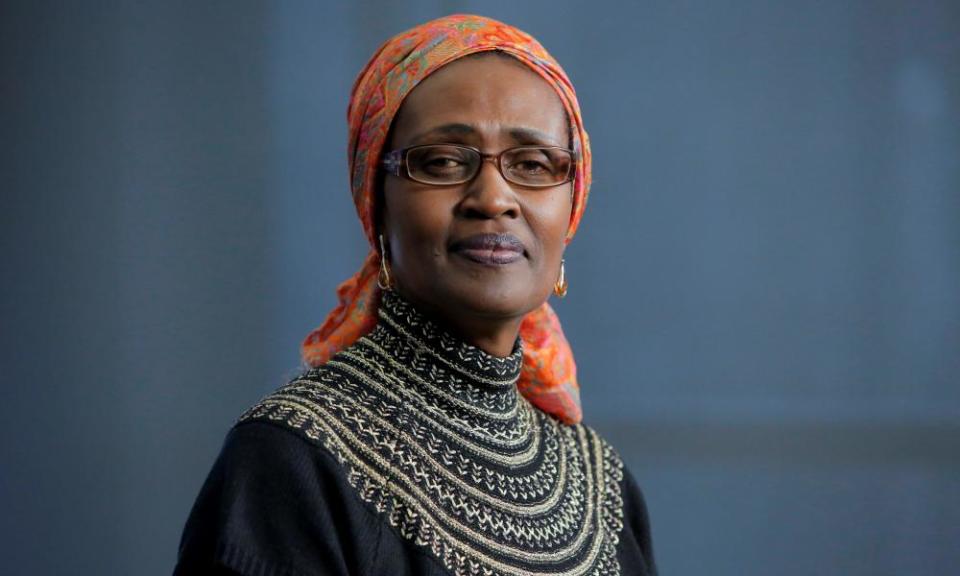Oxfam failed to address sexual misconduct and bullying, finds review

A damning interim review has highlighted Oxfam’s failure to tackle an environment at the charity that allowed sexual misconduct and bullying to go unchecked.
The report, produced by an independent commission, warned that no uniform system exists for dealing with complaints and said there are “drastic inconsistencies” in the way safeguarding issues are handled across the 90-plus countries in which Oxfam International operates.
The review added that multiple staff across different Oxfam offices believe bullying is pervasive, and highlighted concerns about a lack of confidentiality in investigation processes.
“At the heart of this issue is how power is managed and trust is earned and kept. The risks associated with reporting allegations of sexual exploitation and abuse are often high,” the report said.
The interim review, by a team of policy and legal experts, was set up by Oxfam following reports that the charity covered up allegations that its staff paid for sex during a relief mission in Haiti after the 2010 earthquake.
Winnie Byanyima, executive director of Oxfam International, said the report came at a crucial time for the charity, and pledged that the recommendations would be used to bolster ongoing improvements to safeguarding.
The commission welcomed the steps taken by Oxfam to strengthen its policies, but warned efforts had so far focused on protecting staff in the workplace, and not on the communities it served.
“Oxfam has seemingly imposed reporting systems that have not been developed alongside, or with the input of, communities,” the report’s authors said. They added that, in some cases, community members had not been given enough information about the processes for reporting abuse.
The interim report concentrates on policies relating to staff, since its research addressing the concerns of communities and partner organisations remains ongoing. The independent commission is expected to conclude its work in May 2019.

A separate investigation by the Charity Commission, which is examining Oxfam GB’s governance, management and safeguarding policies, is also still in progress.
According to the review, sexual misconduct is only one of the issues reported by staff, who also raised concerns about elitism, racism, colonial behaviour and sexism. These issues, said staff, affect relationships among employees, partners and the communities Oxfam serves.
Some employees whose English is a second, third, or fourth language, believe they go unheard, the review added.
The commission acknowledged Oxfam’s introduction of a “zero tolerance” policy for sexual misconduct, including a rule that states investigations will continue even if the accused resigns. But it added that former staff, including survivors and whistleblowers, felt “deeply frustrated and saddened at the lack of accountability they experienced”. In some cases, staff believed they had been pushed out of the organisation after reporting an incident.
The commission added that there were concerns accused employees had not been held accountable. Instead, they were either protected by senior managers, moved around the organisation, or their contracts were simply not renewed.
The report added that Oxfam should do more to recognise that men, LGBTQ people, and those who see themselves as non-binary, can also be victims of misconduct.
Byanyima said the charity recognised that it must do more to improve its work. “It is painfully clear that Oxfam is not immune from sexual and other forms of abuse that stem from the abuse of power. To those who have experienced such unacceptable behaviour: we are sorry, I am sorry, and we will follow up on any cases passed to us by the commission as a matter of urgency.”
Oxfam added in a statement that it had made progress in implementing a 10-point plan to strengthen safeguarding. This included recruiting 15 extra staff safeguarding experts across its confederation in recent months. In addition, it has improved its recruitment and central referencing system, and is providing new tools to partner organisations to help improve safeguarding.
The charity has also committed to almost tripling the amount it spends on its gender justice programming worldwide, from 5.3% of its budget to 15%, or more than €54m (£48m).

 Yahoo News
Yahoo News 
